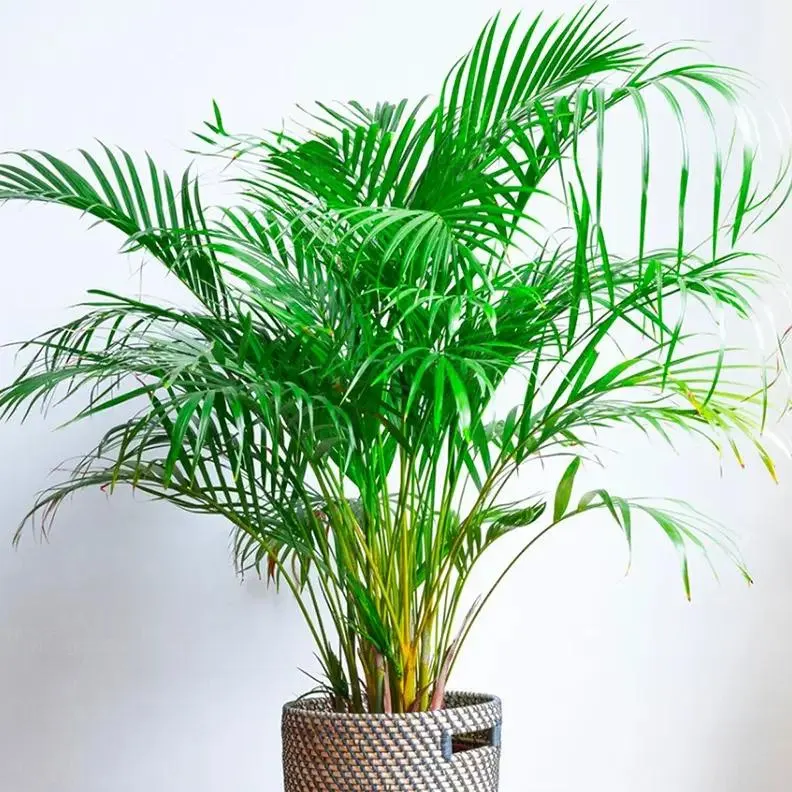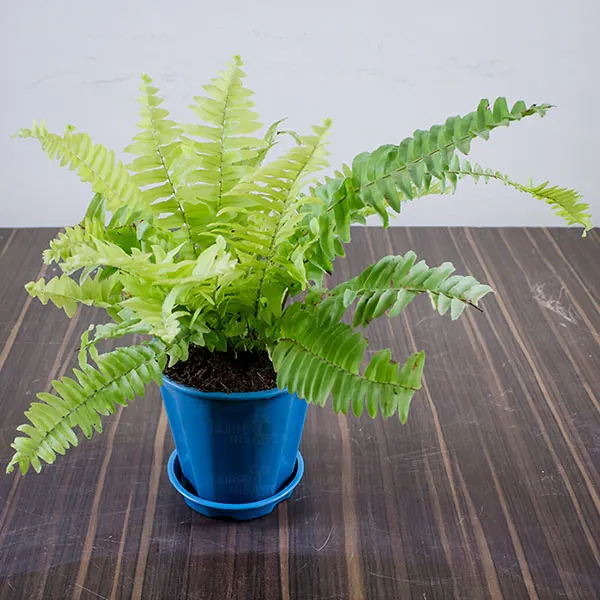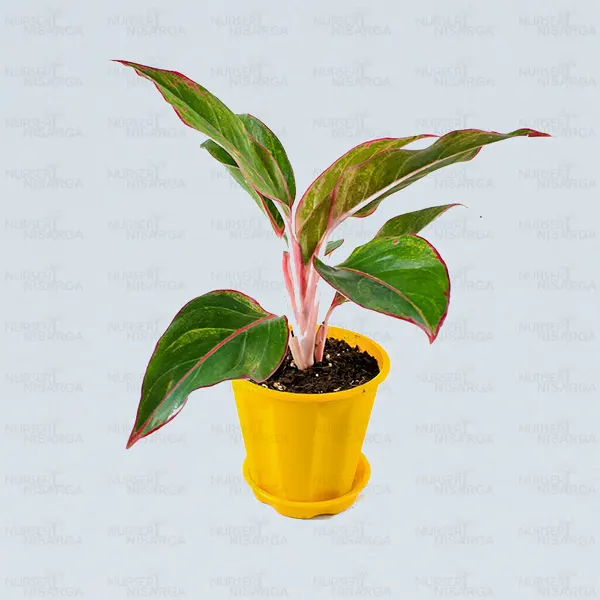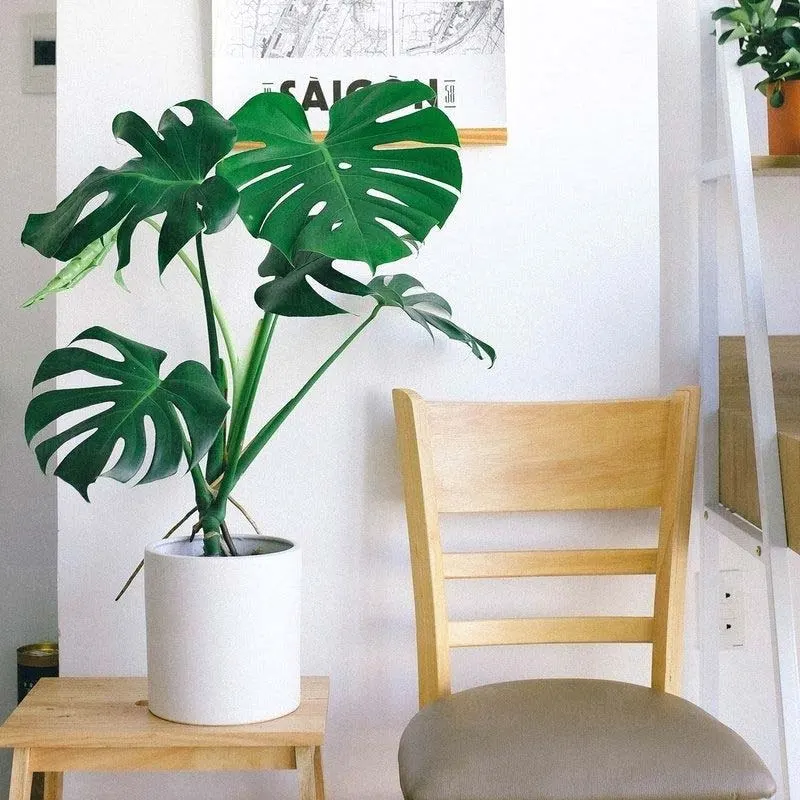Description
Thuja , Golden Vidya Compacta (Morpankhi) Plant
Thuja Golden Vidya, also known scientifically as Thuja orientalis ‘Aurea Nana,’ is an enthralling evergreen shrub that provides a touch of radiance to any landscape. This magnificent plant, which belongs to the cypress family, is native to Eastern Asia and is prized for its vivid golden leaf.The Thuja Golden Vidya is ideal for an outdoor and isettings, bringing ageless attractiveness to gardens, patios, and even as a beautiful outdoor accent. Because to its tiny size and gradual development, it is ideal for small spaces and decorative pots.This plant stands out for its magnificent golden-yellow foliage, which is vibrant all year round. Golden Vidya is a popular among garden enthusiasts due to its capacity to flourish in a variety of lighting situations and endurance to harsh weather.The Thuja Golden Vidya lends its timeless attractiveness to gardens, patios, and even as a magnificent outdoor ornament. It is perfect for an outdoor settings. It is the ideal plant for beautiful pots and modest places due to its sluggish growth and compact size.
Caring Tips:-
- Sunlight Requirements: Thuja plants prefer full to partial sunlight. Plant them in an area that receives at least 4-6 hours of direct sunlight daily for optimal growth.
- Soil Quality: Well-draining soil is crucial for Thuja plants. Use a mix of garden soil and compost to ensure proper drainage and nutrient availability.
- Watering Routine: Keep the soil consistently moist but not waterlogged. Water the plant deeply once a week, adjusting frequency based on weather conditions. During hot periods, it might require more frequent watering.
- Mulching: Apply a layer of mulch around the base of the plant to retain moisture, suppress weeds, and maintain a more even soil temperature.
- Pruning: Regular pruning helps maintain the desired shape and size of the Thuja plant. Trim any dead, diseased, or overgrown branches to encourage healthy growth.
- Fertilization: Feed your Thuja plant with a balanced, slow-release fertilizer in the spring and early summer. Avoid over-fertilization, as it can lead to excessive growth.













Reviews
There are no reviews yet.